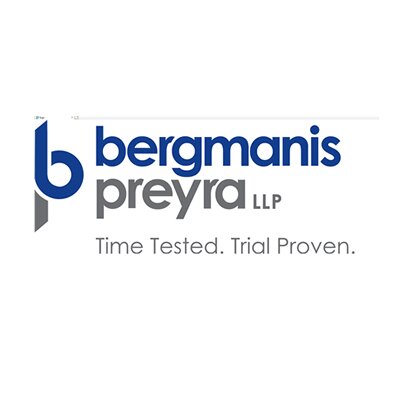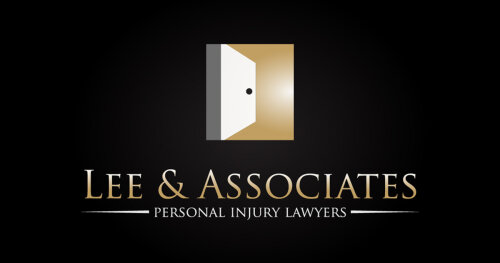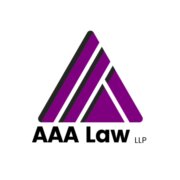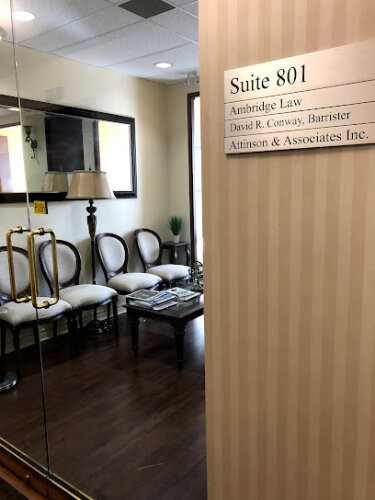Best Toxic Mold Lawyers in Toronto
Share your needs with us, get contacted by law firms.
Free. Takes 2 min.
List of the best lawyers in Toronto, Canada
About Toxic Mold Law in Toronto, Canada
Toxic mold can pose serious health risks and property damage. In Toronto, Canada, laws exist to protect individuals and property owners from the dangers associated with toxic mold exposure. Understanding these laws is essential for anyone dealing with toxic mold issues.
Why You May Need a Lawyer
There are various situations where you may need legal help in toxic mold cases. These can include disputes with landlords or property owners over mold remediation, insurance claims related to mold damage, or personal injury claims due to mold exposure. A lawyer can help you navigate through these complex legal issues and ensure your rights are protected.
Local Laws Overview
In Toronto, Canada, the Residential Tenancies Act and the Ontario Building Code are key regulations that govern issues related to toxic mold in rental properties and construction standards. These laws outline responsibilities for landlords, property owners, and tenants in addressing and preventing mold growth.
Frequently Asked Questions
Q: How can I tell if there is toxic mold in my property?
A: Common signs of toxic mold include a musty odor, visible mold growth, and symptoms like coughing, sneezing, or headaches.
Q: Who is responsible for mold remediation in a rental property?
A: Landlords are typically responsible for maintaining a safe and habitable living environment, which includes addressing mold issues in rental properties.
Q: Can I sue my landlord for toxic mold exposure?
A: If your landlord fails to address a mold problem that leads to health issues or property damage, you may have grounds to pursue legal action against them.
Q: What should I do if I suspect toxic mold in my property?
A: It is important to document the mold issue, notify your landlord or property owner, and consider seeking legal advice to protect your rights.
Q: How long do I have to file a lawsuit for toxic mold exposure?
A: The statute of limitations for filing a lawsuit varies, so it is best to consult with a lawyer to determine the timeframe applicable to your case.
Q: Will my homeowners' insurance cover mold damage?
A: Some policies may cover mold damage, but it is important to review your insurance policy and consult with a lawyer to understand your coverage.
Q: Can I be evicted for reporting mold in my rental property?
A: It is illegal for landlords to evict tenants in retaliation for reporting mold or other health hazards in the property.
Q: What are the health risks associated with toxic mold exposure?
A: Toxic mold exposure can lead to respiratory issues, allergies, skin irritation, and other health problems, particularly for individuals with compromised immune systems.
Q: How can I prevent mold growth in my property?
A: Proper ventilation, moisture control, and regular inspection of plumbing and HVAC systems can help prevent mold growth in your property.
Q: How can a lawyer help me with a toxic mold case?
A: A lawyer can provide legal advice, represent your interests in negotiations or court proceedings, and help you seek compensation for damages related to toxic mold exposure.
Additional Resources
For more information on toxic mold laws and regulations in Toronto, you can contact the Ontario Ministry of Housing and the Law Society of Ontario. These organizations can provide valuable resources and guidance on legal issues related to toxic mold.
Next Steps
If you are facing legal issues related to toxic mold in Toronto, Canada, it is important to seek the advice of a qualified lawyer with experience in this area. Consult with legal professionals who specialize in toxic mold cases to understand your rights, options, and the best course of action to protect your health and property.
Lawzana helps you find the best lawyers and law firms in Toronto through a curated and pre-screened list of qualified legal professionals. Our platform offers rankings and detailed profiles of attorneys and law firms, allowing you to compare based on practice areas, including Toxic Mold, experience, and client feedback.
Each profile includes a description of the firm's areas of practice, client reviews, team members and partners, year of establishment, spoken languages, office locations, contact information, social media presence, and any published articles or resources. Most firms on our platform speak English and are experienced in both local and international legal matters.
Get a quote from top-rated law firms in Toronto, Canada — quickly, securely, and without unnecessary hassle.
Disclaimer:
The information provided on this page is for general informational purposes only and does not constitute legal advice. While we strive to ensure the accuracy and relevance of the content, legal information may change over time, and interpretations of the law can vary. You should always consult with a qualified legal professional for advice specific to your situation.
We disclaim all liability for actions taken or not taken based on the content of this page. If you believe any information is incorrect or outdated, please contact us, and we will review and update it where appropriate.















